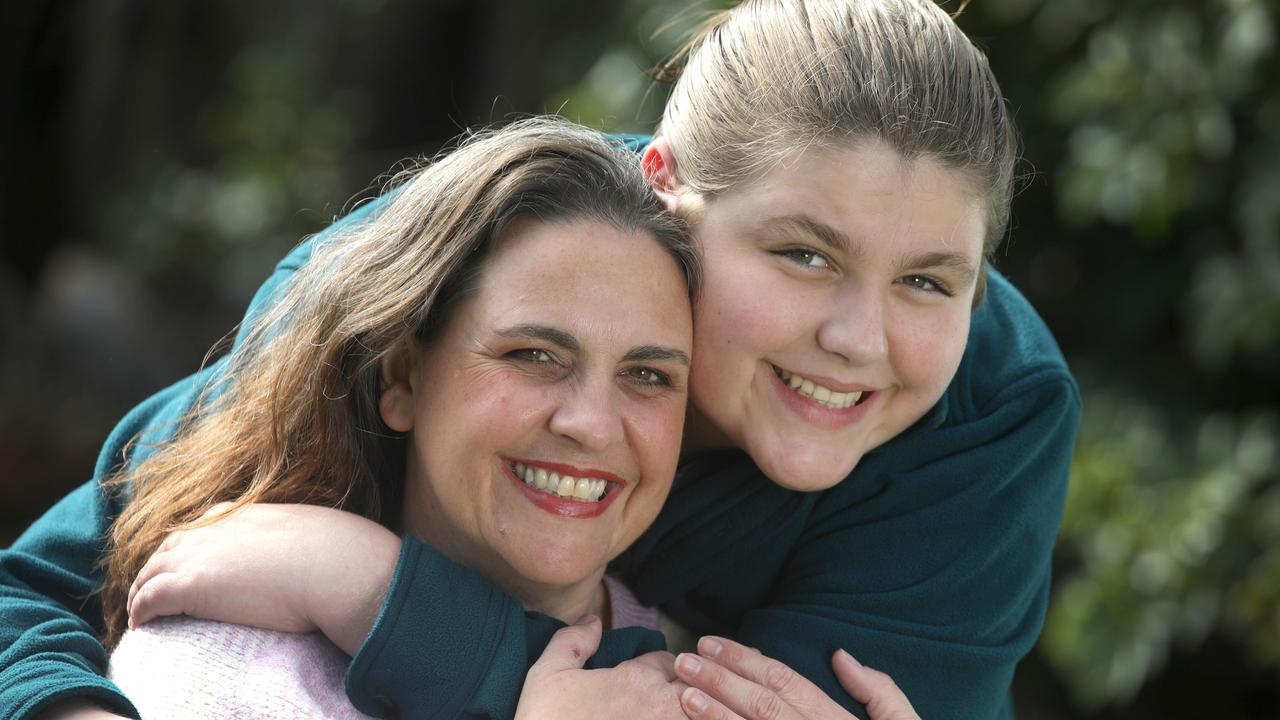People self-medicating for ADHD as waiting lists, doctor fees block access
People struggling to find – or pay for – doctors to help diagnose and treat ADHD are increasingly turning to self-diagnosis and the black market.

People suffering attention deficit hyperactivity disorder (ADHD) symptoms are self-diagnosing, self-medicating and resorting to black-market drugs due to long waits and high costs of seeing a specialist – if they can find one.
Submissions to a Senate inquiry into the issue now under way paint a bleak picture of life for people seeking help.
More than 50 submissions have poured into the inquiry “into the barriers to consistent, timely and best practice assessment of ADHD and support services” which is due to report by September 27.
The inquiry comes as an analysis by the Sunday Mail shows skyrocketing use of ADHD prescription drugs across the state.
In the six years to 2022, PBS prescriptions doubled, tripled and even quadrupled in towns and suburbs across SA, with just two of the state’s 28 statistical areas recording increases of less than 100 per cent.
Nowhere did the number of scripts fall in that period.
The surge in ADHD drugs comes amid problems seeking appropriate care, as outlined in submissions to the inquiry.
The ADHD Foundation’s submission says its helpline “consistently receives feedback from
consumers on the grossly inadequate access to diagnosis and treatment services.”
“This is largely due to the lack of public health services available and long waitlists for assessments from psychiatrists,” it says.
“Many ADHD Foundation members report they will either delay or not seek a diagnosis due to prohibitive costs resulting in negative mental health outcomes and potential negative personal, community and economic impacts.”
The submission says it has heard of professionals charging up to $5000 for assessments and warns of the prevalence of “self-medication.”
“Many consumers report delays of up to 18 months for an ADHD diagnosis. In some cases, professionals have closed their books due to overdemand,” it says.
“Paediatricians and psychiatrists are the only professionals permitted to prescribe ADHD medication.
“Such specialists are in high demand and short supply. Sadly we have anecdotal evidence gleaned from the ADHD Foundation helpline that more people with ADHD are now turning to the black market for medication.”
Royal Australian College of General Practitioners president Dr Nicole Higgins said “patients face a postcode lottery” in accessing timely diagnosis and treatment.
The RACGP submission to the inquiry calls for an expanded role in the diagnosis and treatment of ADHD by GPs.
“Too many people with ADHD are not getting the help they need, when they need it,” Dr Higgins said.

“Unfortunately, access to care is limited, with many public sector mental health services not providing any ADHD services. The burden falls on the private sector, leading to long wait lists and some missing out on care because they simply can’t afford it.
“We must cut red tape and enable GPs to play a more active role.
“More patients are seeking referrals to a specialist for ADHD diagnosis, with 78 per cent of respondents to an RACGP poll in March 2023 saying they had seen a substantial increase in the number of patient inquiries about referrals in the previous 12 months.”
Another submission, from ADHD Australia, says on average an adult with the condition with a child also with the condition spends $6672.45 on the condition a year.
“The cost is exacerbated by lower incomes due to ADHD affecting work, and the impact on impulsive spending and life admin skills including budgeting,” the organisation says.
“Wait times (for diagnosis) vary but for many it can be over 12-24 months.
“We have heard that some people are using natural ‘off the counter’ home remedies if they cannot get the right medications and support. People can become desperate and turn to alternatives when they are told anecdotally that ‘they help’.”
ADHD Australia chief executive Melissa Webster said the inquiry needs to be a turning point for government action “including providing access to the NDIS, greater support in schools, more funding and making it easier to seek diagnosis and treatment.”
“I’ve experienced first-hand some of the barriers to early and accurate diagnosis for girls living with ADHD, and many other women like me who are now getting diagnosed with ADHD later in life”, Ms Webster said.
She hopes the inquiry will see awareness, access and support improved, with more information, resources and support for people living with ADHD and their families.
She also wants compulsory course content at universities and professional development for teachers, more training and resources for frontline healthcare workers, justice system staff and employers, and a public awareness campaign to reduce stigma.





